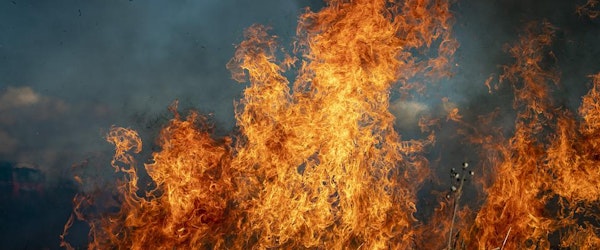
Southern Europe Faces Unprecedented Wildfire Risk as Climate Change Fuels More Intense Fire Seasons
Friday, August 29th, 2025 Catastrophe Legislation & Regulation Property Risk ManagementWildfires that scorched Greece, Turkey, and Cyprus during the summer of 2025 were significantly intensified by climate change, according to new research from the World Weather Attribution group. Scientists found that such extreme fire conditions—marked by intense heat, drought, and wind—are now 10 times more likely and 22% more intense due to a 1.3 degrees (C) rise in global temperatures since pre-industrial times. In a world without climate change, this type of destructive fire season would only occur once every 100 years.
Researchers used advanced climate modeling and fire-risk metrics, including those developed in Canada, to analyze how likely and how severe the wildfires would have been in a cooler, pre-industrial climate. This study marks Europe’s first rapid wildfire attribution assessment and reveals that climate-driven weather patterns are enabling wildfires to spread more quickly and burn more land than ever before. Over one million hectares were lost to fire across Europe this year, marking the worst wildfire season on record for the continent.
Experts warn that Southern Europe’s forests are increasingly vulnerable due to worsening environmental conditions. In Turkey, fires began earlier than expected, catching authorities off guard. While Greece has made progress in detection and containment, experts say more investment in prevention and long-term planning is essential. Even with robust international aid and firefighting support, the scale and speed of the fires proved overwhelming.
These findings underscore a growing need for climate resilience in fire-prone regions. As wildfires increase in severity and frequency, claims professionals and insurers operating in Southern Europe may face evolving challenges in loss assessment, catastrophe modeling, and risk mitigation strategies in the years ahead.





